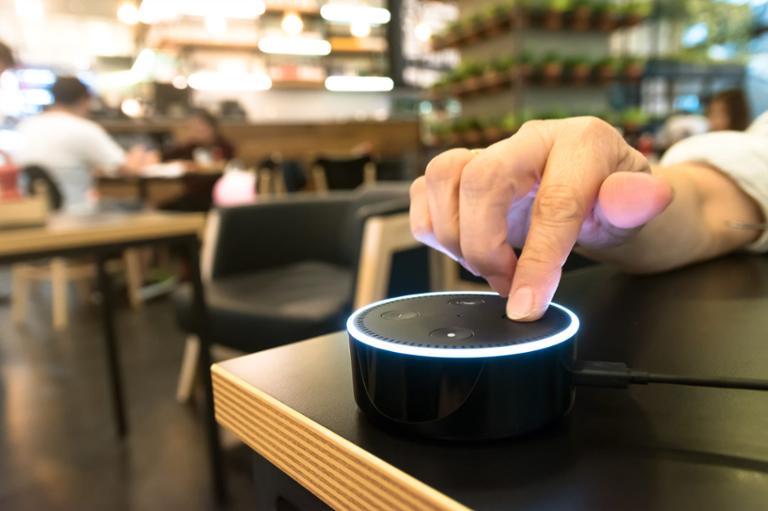If you ever wanted to build a highly customized voice-activated assistant, but didn’t have millions of dollars or a huge team of artificial intelligence (A.I.) experts, here’s your chance: Amazon is rolling out Alexa Custom Assistant, which allows developers, device makers, and other service providers to create assistants with a unique personality.
As you might expect, Alexa Custom Assistant piggybacks atop Alexa’s technology and infrastructure, so it’s not quite the same thing as customizing your own digital assistant from scratch. Nonetheless, Amazon is clearly hoping that companies use the service to build out assistants with specialized commands, skills, and ‘wake words.’
“By reducing the burden of building the core capabilities of an intelligent assistant, companies can focus their time and resources on creating unique capabilities that delight their customers,” reads the description on Amazon’s developer blog. “The Alexa Custom Assistant makes this easy by enabling developers to leverage the familiar Alexa Skills Kit (ASK) technology to build bespoke capabilities tailored to their brand and accessed through a unique wake word.” But this isn’t like other developer platforms where you can launch the SDK and get to work; Amazon wants you to sign up on a list.
At this year’s (virtual) CES, Amazon suggested that highly customized versions of Alexa would end up in high-end cars, including the Lamborghini. However, Amazon’s blog post makes it clear that it wants to expand the Custom Assistant to everything from vehicles to exercise machines. In some ways, Amazon’s move with Alexa is reminiscent of what Google did with Android, tying legions of developers and companies to its underlying infrastructure, even if the consumer-facing part of the product is so highly customized it’s unrecognizable as “vanilla” Alexa.
For the past few years, it’s been clear that A.I. and machine learning technologies that allow companies to handle customer-service interactions will only continue to grow over the next decade and beyond. Even if you don’t work in a technology segment that overlaps with A.I., chances are very good that will change in the near future, as companies everywhere are interested in making their products “smarter” and more interactive.



